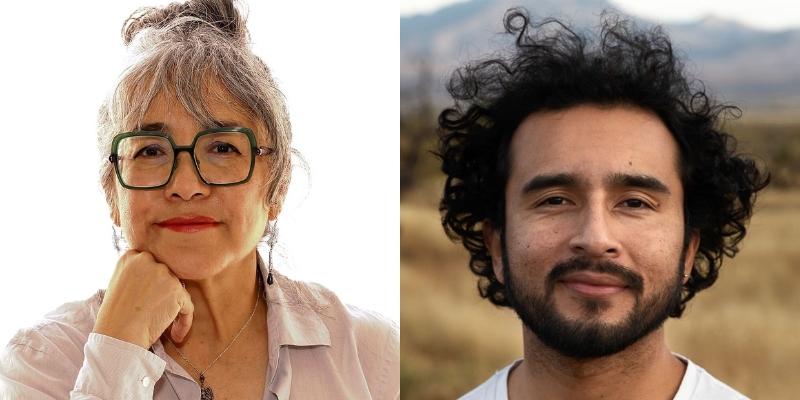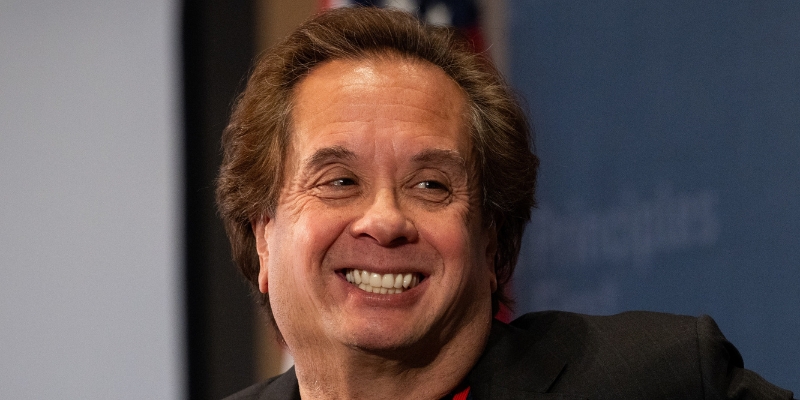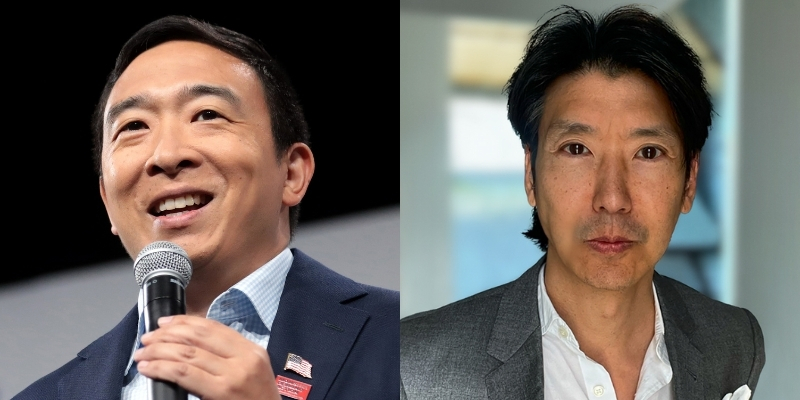In episode #29 of In The Moment, correspondent Katy Sewall talks with John Lanchester (3:58) about his book The Wall. They delve into Lanchester’s inspiration for the book—a recurring dream. Lanchester recounts the prescient nature of his dream, which took place before discussions of Brexit and Trump’s border wall. The dream took place in the future of our world impacted by global climate change and a rising sea level, and followed a lone figure standing on a dark, cold wall. Scher and Lanchester explore the notion that walls such, though typically made for security and safety, often create exclusion and othering for those on the opposite side. Lanchester says that those who participate in othering must make constantly make excuses and seek justifications, and must train themselves to see the others as people wholly unlike themselves. In order to change how people see the world, says Lanchester, we need imaginative works of fiction.
Chief Correspondent Steve Scher interviews renowned biologist Frans de Waal (12:20) about our assumptions about animals. They discuss the common perception that animals only have instincts or minimal associative learning. De Waal recalls how in the 1990s his contemporaries laughed off his proposed theories of animal empathy and sympathy—yet he continued his research undaunted, inspired by the close relationships and knowledge he had developed about the primates he worked with. He discusses the process of measuring the physiological effects of emotions in animals, as opposed to feelings which are individual experiences. De Waal also reports that he’s just as happy to work with animals while relying solely on observations.
And host Jini Palmer sits down with Town Hall’s Marketing Manager Jonathan Shipley (21:44) to discuss the Town Crier blog and his interview with translator Michael Straus. Shipley discusses how he learned that the process of translation is not verbatim, but a more complex consideration of finding the “spirit” of the text. Jini and Jonathan delve into the importance of the translator as a part of the finished work, and of the ways which audiences interpret or receive that work.
Still Curious?
-Frans da Waal gave an enlightening TED talk on the moral behavior of animals.
-NPR offers a fascinating recorded interview with John Lanchester about one of his previous books How To Speak Money.
-You can read Jonathan’s interview with Michael Straus on the Town Crier.


